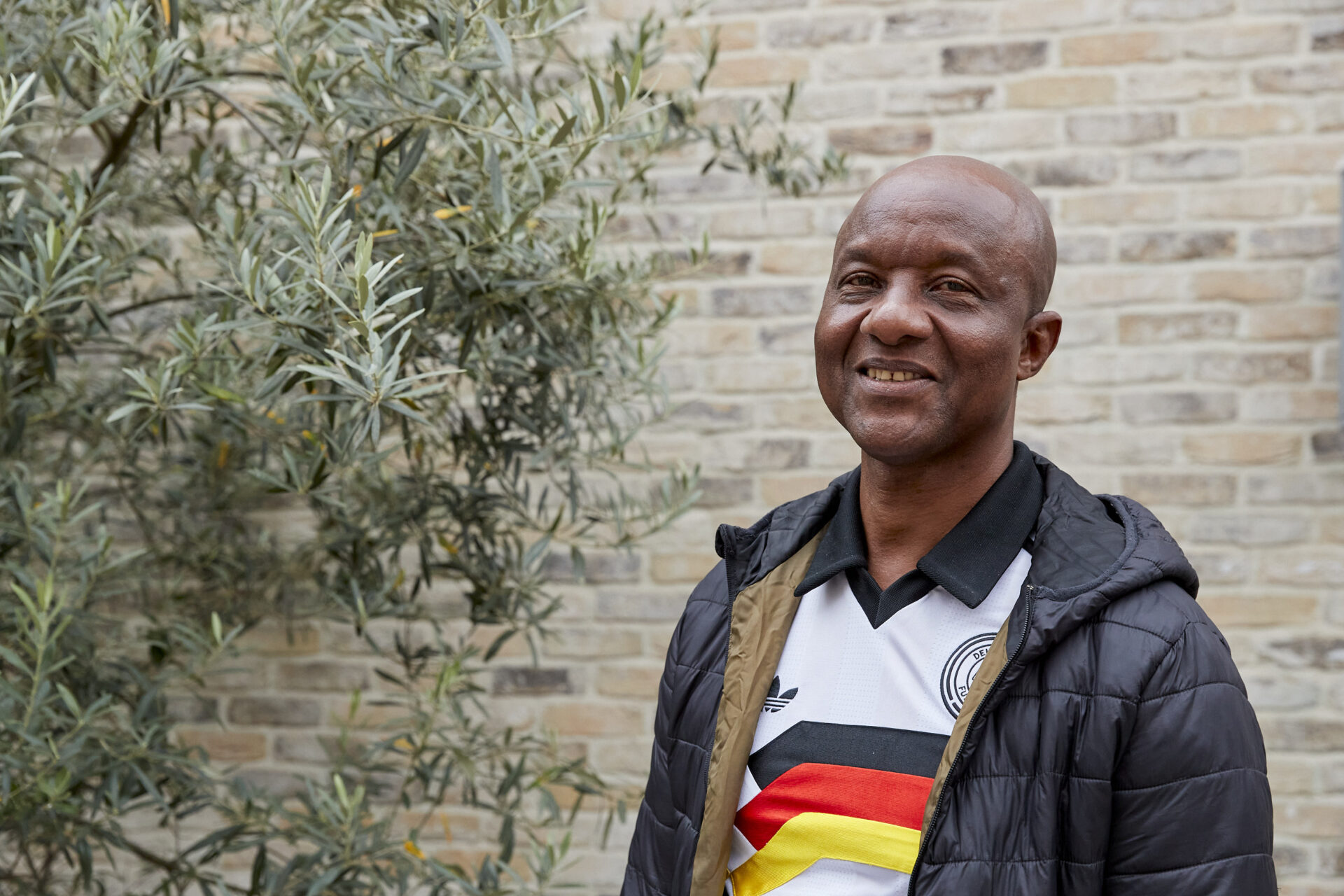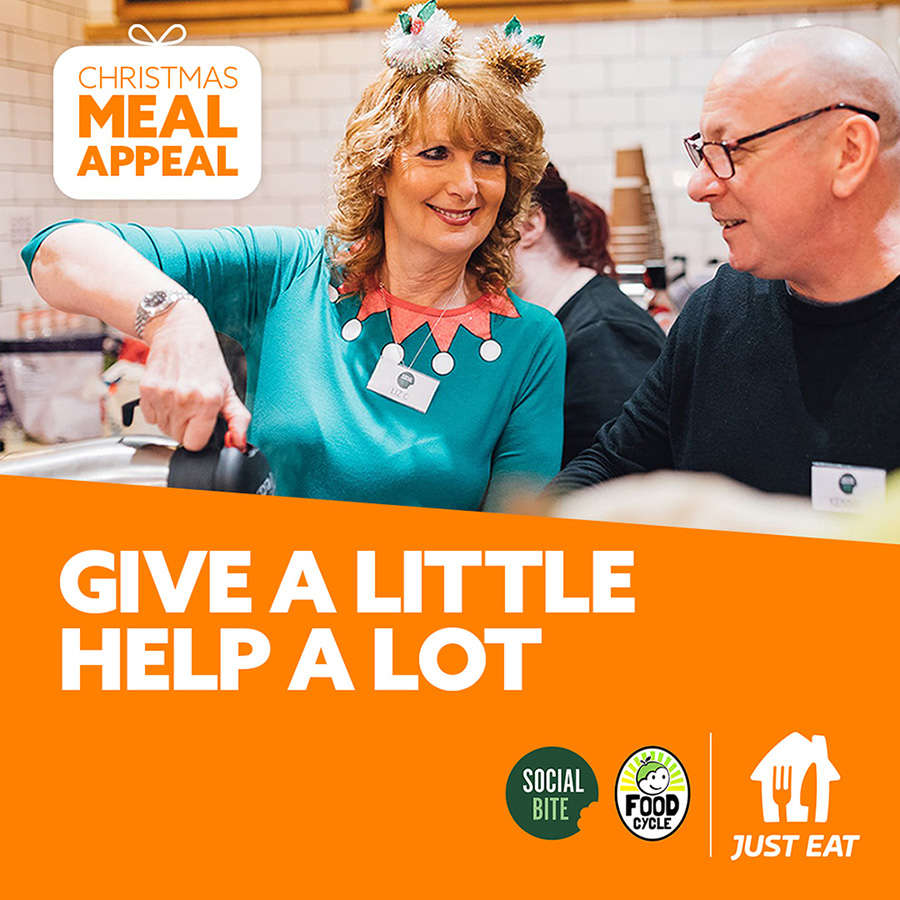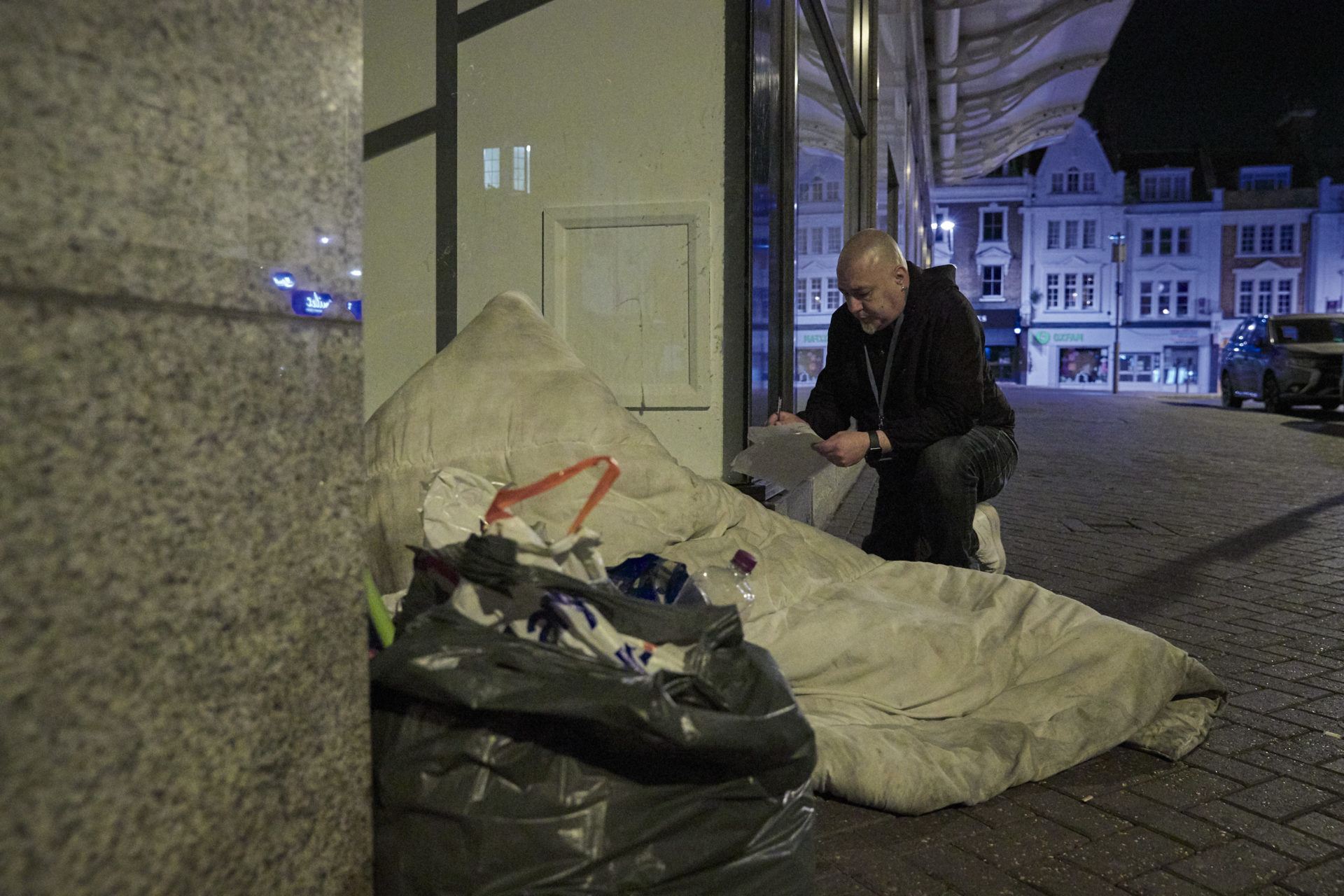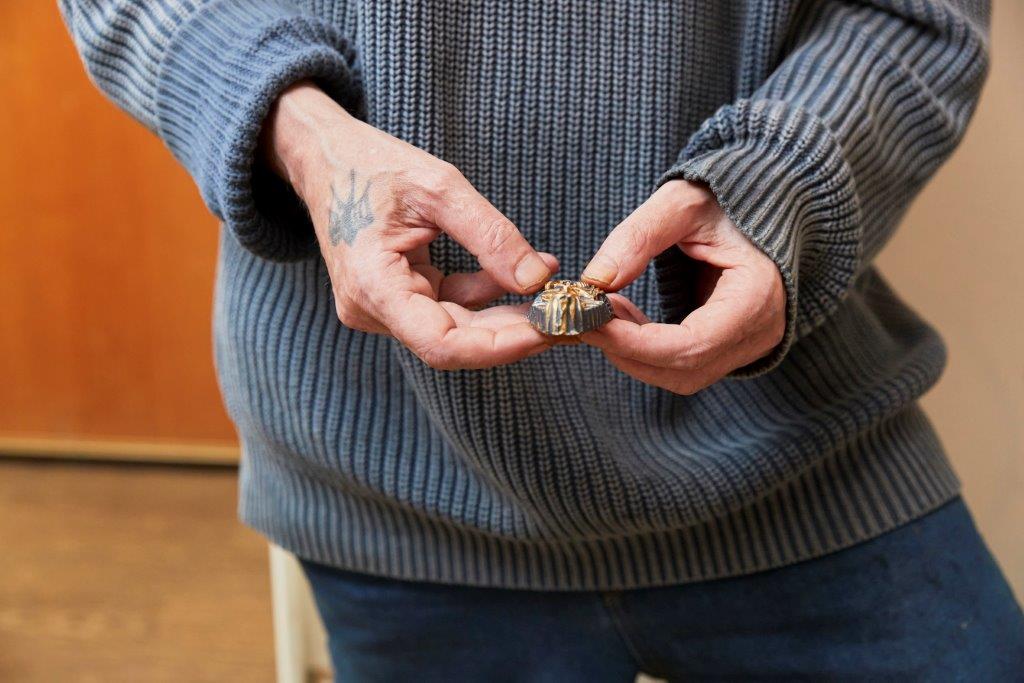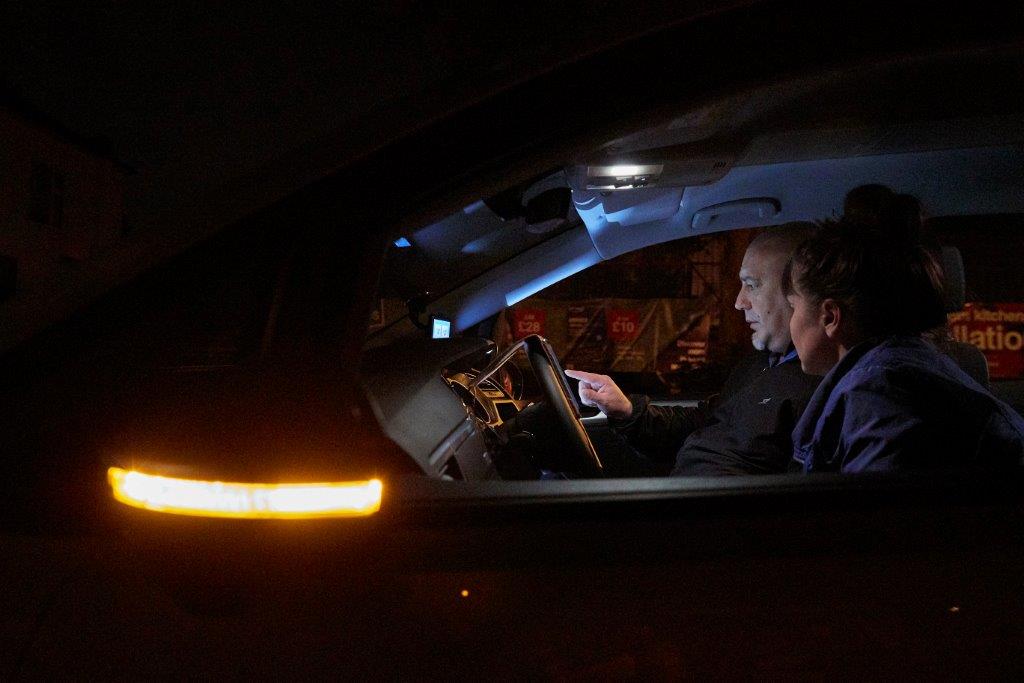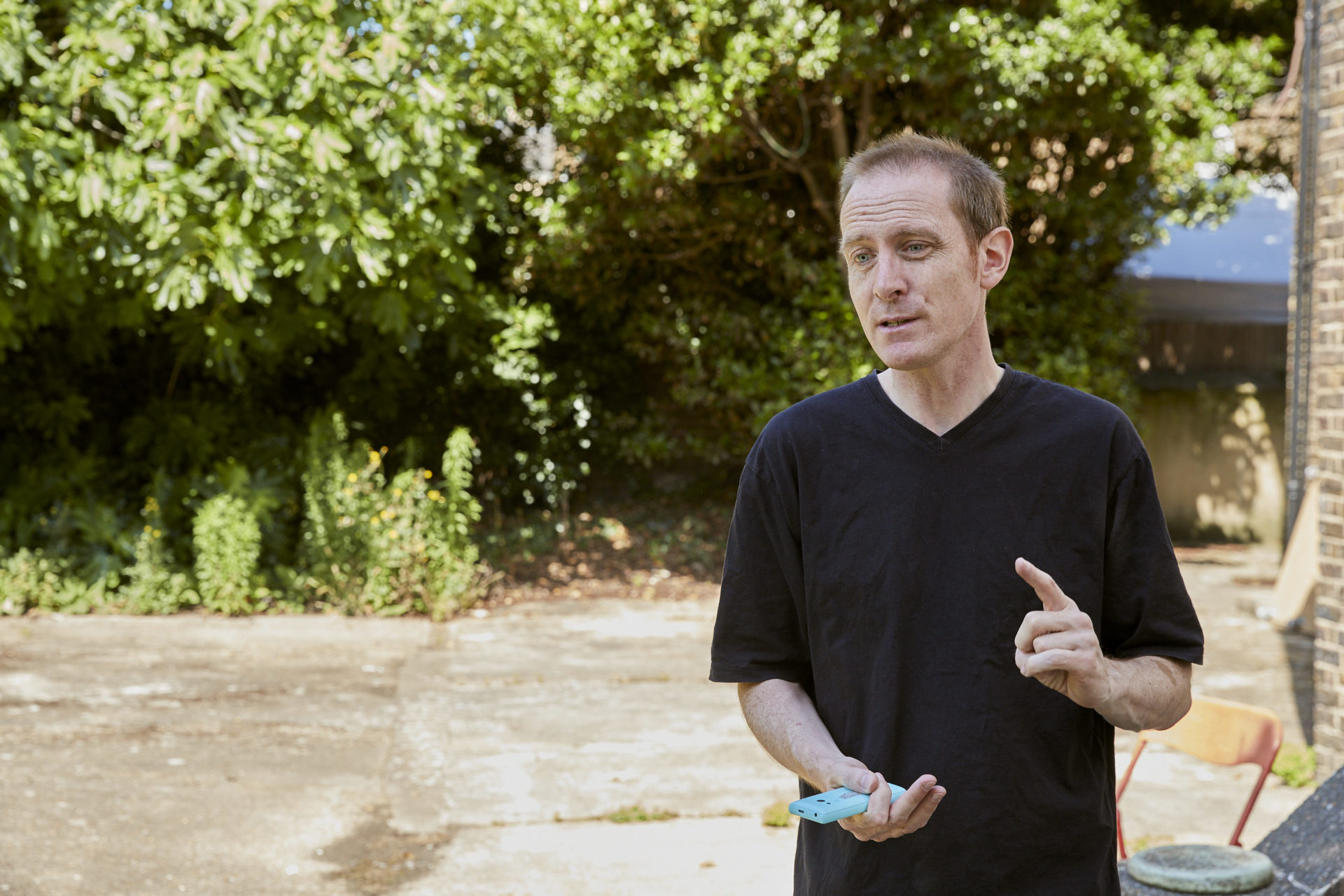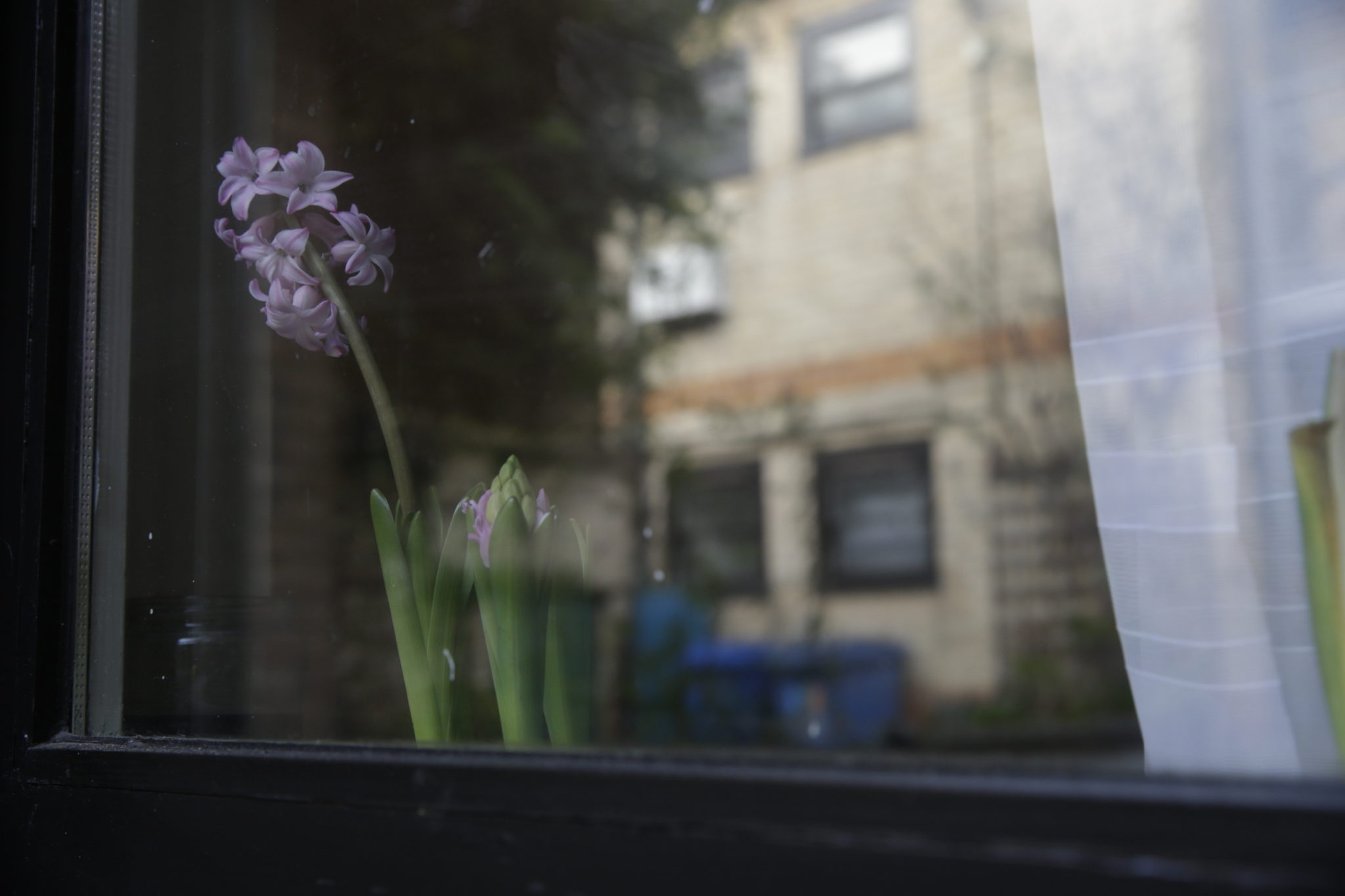Thames Reach’s vision for 2021
2020 was a year no one could have anticipated, but it was one that made our vision of ending street homeless even more urgent. Thames Reach chief executive, Bill Tidnam, outlines our priorities to protect those affected by street homelessness
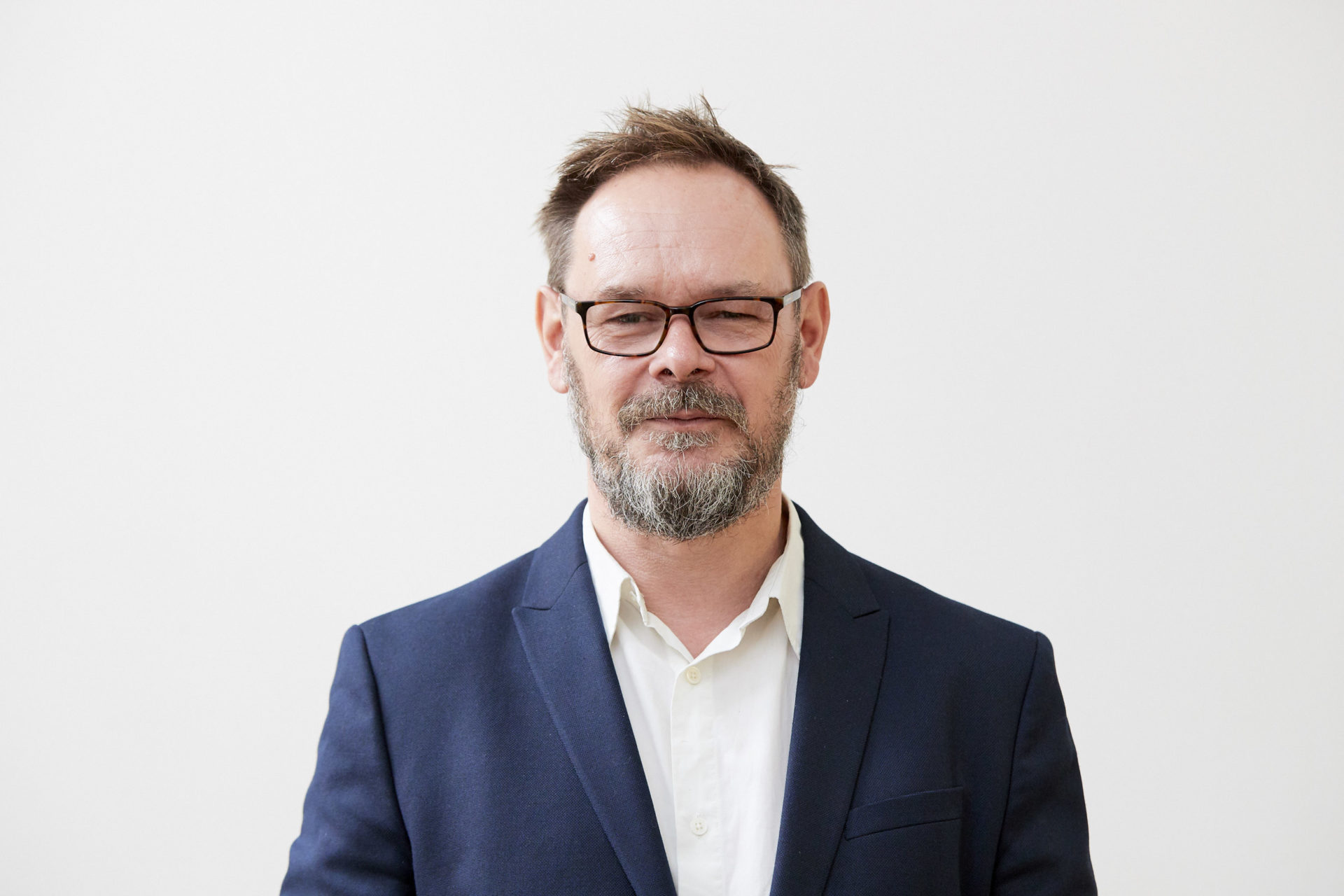
2020 was a year of great challenges for Thames Reach and the wider world, but it was a time where it was most clear that our vision of ending street homelessness is an urgent social and health priority. Thames Reach’s community of staff, volunteers and supporters came together throughout the year to ensure that vulnerable people were not left behind, from the Everyone In initiative in the Spring, through to maintaining and adapting all our services to respond to the impact of the pandemic.
Our core mission remains as it always has: to help people who are homeless or vulnerable find decent homes, build supportive relationships and lead fulfilling lives. While we need to respond to a world that is changing fast, our priorities for how we work to end street homelessness are now even more urgent.
A tailored approach to housing and accommodation. While there is a shortage of housing in London that is available to the people we work with, we recognise that it is not enough just to build more. Housing is not a one-size-fits-all solution, and there is a need for a range of accommodation models that can meet specific needs for independence, security and affordability and which complements the support that people will need at different points in their lives. We know that this is not something that we can do on our own, and that we will need to continue working in partnership with other groups to achieve this.
Increased awareness of and access to healthcare for homeless people. Homelessness and rough sleeping has a catastrophic impact on the health of people affected by it. This can continue long after people are securely housed. The impact is worse, because the people we work with often do not get access to the health services that the rest of us take for granted. We will work with health services to remove barriers to access, and to help services respond better to their needs. Services such as the Lambeth Living Well Network, and our own Social Inclusion Project, are able to break down unhelpful barriers between clinical and social support and by doing so provide more effective and sustainable recovery.
Providing support for non-UK nationals sleeping rough on London’s streets. Non-UK nationals, particularly those from the European Union, are disproportionately represented amongst people on the streets and in insecure accommodation. With precarious immigration statuses and limited access to support available, this is set to continue. The majority of the people we have been working with have called London their home for a significant amount of time, and have contributed to our communities in many ways. They have been particularly severely affected by the pandemic, often losing work without the safety net of benefits available to others. We can help by supporting them into employment and affordable accommodation, and ensuring that they receive the advice that they need.

